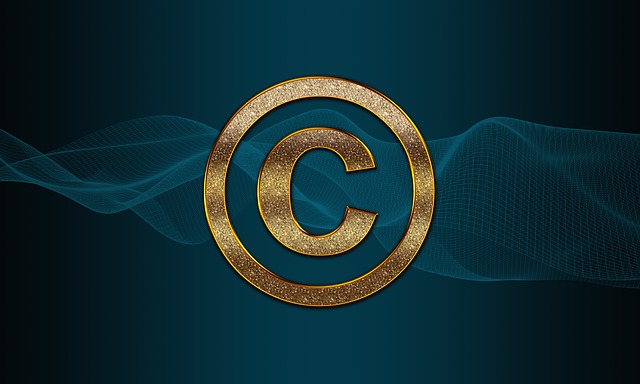

Artificial intelligence (AI) is speedily altering the globe, and the field of intellectual residence regulation is no exception. AI is getting used to build new products and solutions and services, automate tasks, and even generate inventive information. This raises a variety of issues for mental property law, which is built to shield the rights of creators and innovators.
1 of the largest challenges is identifying who owns the mental assets rights to AI-created functions. For instance, if an AI method results in a new tune, who owns the copyright to that track? The particular person who made the AI process? The human being who programmed the method? The man or woman who owns the facts that the technique was skilled on? There is no distinct respond to to this question, and it is likely to be the subject of significantly litigation in the many years to appear.
One more problem is how to safeguard intellectual house legal rights in the facial area of AI-enabled infringement. AI techniques can be applied to build counterfeit items, to automate the method of copyright infringement, and to even create pretend information. This helps make it extra tricky for creators to guard their work and to enforce their mental home rights.
The rise of AI also raises queries about the foreseeable future of patent law. Patents are designed to protect innovations, but it is not clear irrespective of whether AI-generated innovations can be patented. For illustration, if an AI process invents a new drug, who can patent that drug? The individual who designed the AI procedure? The particular person who programmed the process? The human being who owns the info that the technique was educated on? Yet again, there is no crystal clear respond to to this issue, and it is most likely to be the issue of substantially litigation in the yrs to appear.
The rise of AI is having a profound impression on mental house regulation. It is generating new challenges for creators and innovators, and it is forcing us to rethink the way we protect mental property. It is very likely that the law will need to evolve in order to continue to keep rate with the speedy growth of AI.
In addition to the difficulties described higher than, AI is also increasing new thoughts about the role of intellectual assets in a world where devices are more and more capable of producing and innovating. Some have argued that AI will sooner or later make mental property law out of date, as devices will be ready to build and distribute will work without the need of the require for human intervention. Some others have argued that AI will truly make intellectual property regulation more significant, as it will build new chances for innovation and creative imagination. It is much too early to say which of these sights will eventually prevail, but it is obvious that AI is acquiring a profound affect on intellectual residence legislation.
This report was assisted by an AI motor and reviewed, simple fact-checked and edited by our editorial staff.





